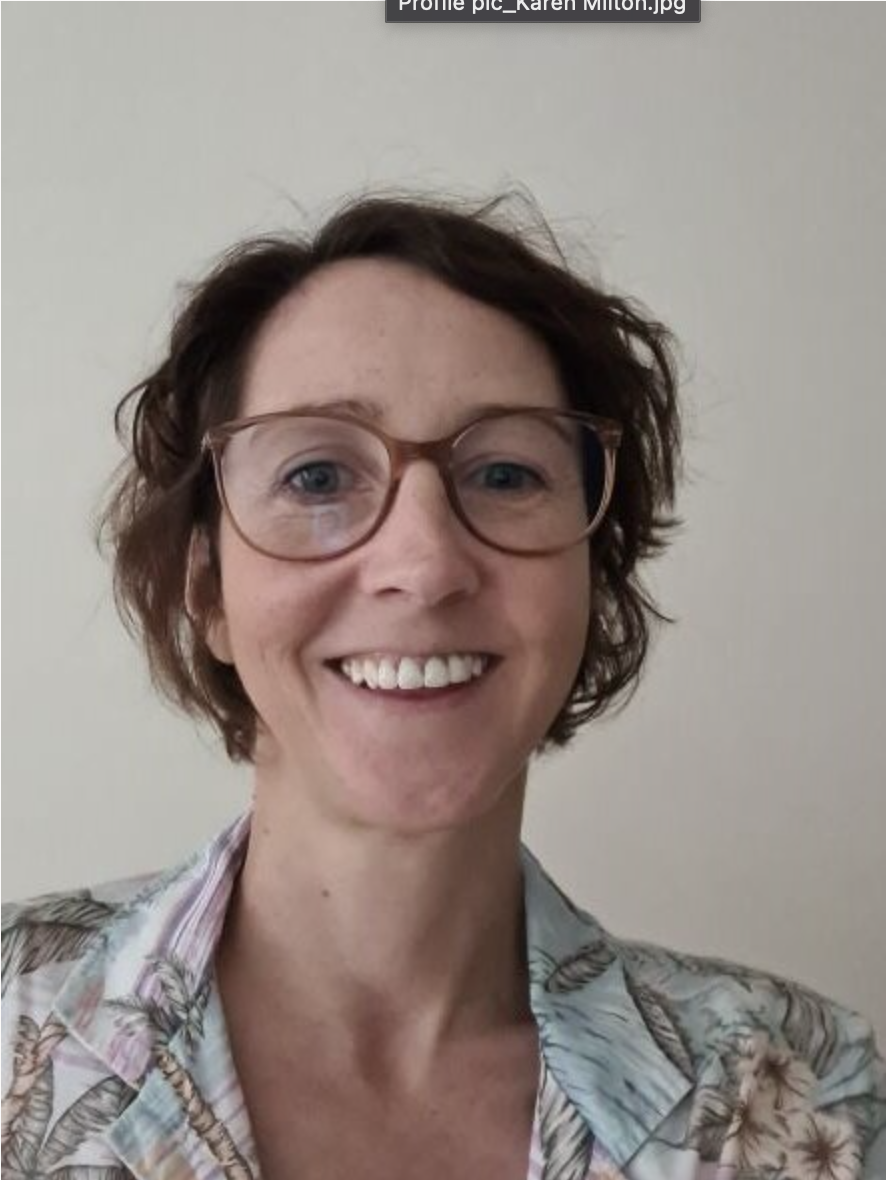
WSPA CONFERENCE
KEYNOTES
Tuesday 18th June 2024
Creating effective systems to support whole-school physical activity delivery
Andy Daly-Smith
09.15am - 10.30am
To create effective whole-school physical activity programmes, it is essential to understand schools as an organisation and how they function within the broader educational system. Andy’s talk will draw on learning from his 15 years of research-practice experience in supporting schools to create organisational and cultural change for physical activity. He will showcase the critical leverage points within and beyond schools that must be addressed to develop supportive systems to fuel whole-school physical activity delivery. Drawing on a recent cross-European project on behalf of the World Health Organization, Andy will also share learning from 26 countries on how governments and ministries shape systems and policies to support schools in their efforts.
When physical activity is not on the same level playing field as English and Maths, questions need to be asked!
David Richardson
09.15am - 10.30am
When physical activity is not on the same level playing field as English and Maths, questions need to be asked! Reading, writing and maths are essential skills that enable children to ultimately contribute to society. However, often these are seen as the only prioirtiy for young people with a lot of resource and time spent on preparing children for examinations.
What if we stepped back and considered things that were more pressing?
In a world that requires people to contribute to the economy through work is it not more important that we have a healthy society?
Would it not make more sense to have a society that understands how to look after its own physical and mental health?
Could you imagine a world where long term health conditions could be avoided simply by making better informed decisions?
This can only be achieved by building habits on strong foundations; if foundations are weak then change cannot occur. In this context, Dave Richardson, will examine the pivatal role that primary school can play in developing these long term habits. He will share practical examples of how focused decisions on policy, stakeholders and environments can create real opporunities for change.
Healthy Britain: A New Approach to Health and Wellbeing
Kim Leadbeater (MP)
09.15am - 10.30am
The evidence is overwhelming: health and wellbeing are not just desirable outcomes in and of themselves, but essential components of a programme for growth, productivity, national renewal and opportunity for all.
In this presentation, Kim Leadbeater MP makes the case for a new approach to government which will centre the health and wellbeing of the population. Just as we evaluate policy through a ‘green lens’, so too we should use a ‘health and wellbeing lens’, and every sector of our government and society must be involved.
Wednesday 19th June 2024
How Schools Around the World can Promote Physical Activity
Juana Willumsen
09.00am - 10.00am
Most children round the world spend a good proportion of their time at school – these are the key settings where they not only learn to read and write, but also have the time and safe space to play, interact with their peers and learn social and life skills that can equip them for life. As such, schools have a critical role to play in enabling, protecting and promoting physical activity. Schools can not only provide the space and time for active play, but also opportunities to learn the physical, social and emotional skills that come from participating in sport. Schools also have an important role in advocating for the safe opportunities for families to be active, whether by encouraging walking and cycling to and from school, or engaging with local physical activity providers. In a rapidly changing world, where time and educational pressures are perceived to clash irreparably with movement and play, a whole of school approach to promoting physical activity needs to extend beyond the school walls to the local community to change knowledge and attitudes about the importance and value of physical activity for children.
Shifting the Physical Activity and Policy Landscape to Create System-Wide Change
Karen Milton
09.00am - 10.00am
Despite a range of school-based physical activity policies and programmes, many children and young people still aren’t active enough to benefit their health. This has been attributed to implementation failure (i.e. failure to deliver recommended strategies to encourage children and young people to be physically active). This talk will challenge this assumption by highlighting limitations with existing policies and programmes and will offer suggestions on the actions needed to shift the research and policy landscape to create system-wide changes in interventions and behaviours at scale.
Physical Activity for Children and Young People; Perspectives from Sport England
Charlie Crane
09.00am - 10.00am
With only 47% of children and young people in England meeting Chief Medical Officer Physical Activity Guidelines, a whole-systems approach is needed to turn the dial on inactivity. Government guidelines set out that children and young people should get 30 minutes of their daily activity through the school day and 30 minutes outside. This talk will explore the vital role schools play in facilitating and supporting children and young people to have positive experiences of movement and why this is even more important as we look to tackle the inequalities we know exist in children's attitudes and behaviours towards sport and physical activity. Consideration will also be given to how existing policies and programmes facilitate whole-school approaches to physical activity here in England.





